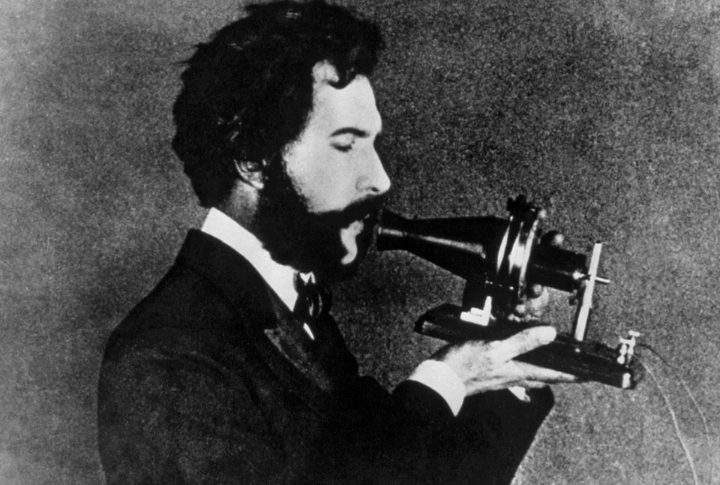
Throughout history, many brilliant ideas have faced ridicule and skepticism. It’s hard to believe, but some of the most groundbreaking inventions we rely on today were once laughed at by critics and naysayers. Here’s a list of 15 iconic inventions that pushed through initial mockery to transform our world in ways their critics never imagined.
The Telephone
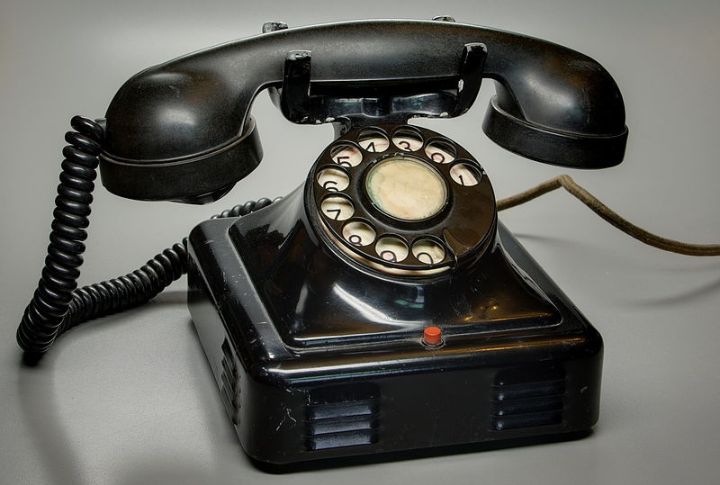
Alexander Graham Bell’s revolutionary invention, the telephone, introduced in 1876, was initially dismissed as a mere toy. Even the Western Union, a telecommunications giant, rejected it, dubbing it “idiotic.” However, Bell’s vision proved prophetic. The telephone is now an indispensable tool for global communication, proof of his foresight.
The Automobile
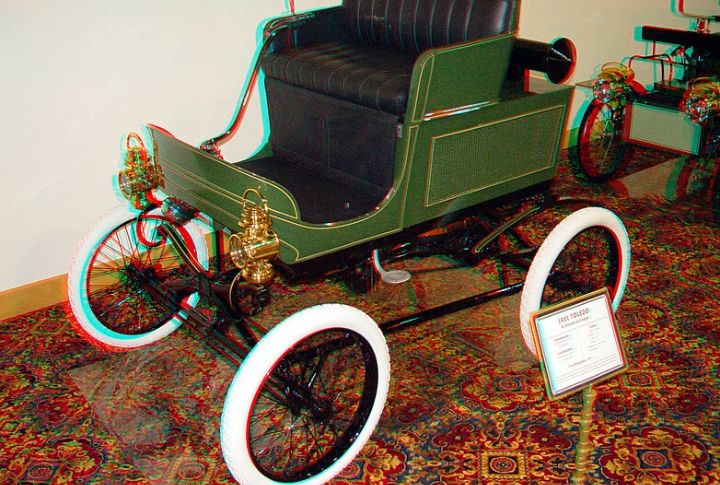
Early cars were met with skepticism and referred to as unreliable toys for the wealthy. The critics then went as far as to say that they would never replace horses, the primary means of transportation. But now, we know how much of an undeniable change the automobile has brought to humanity.
The Television
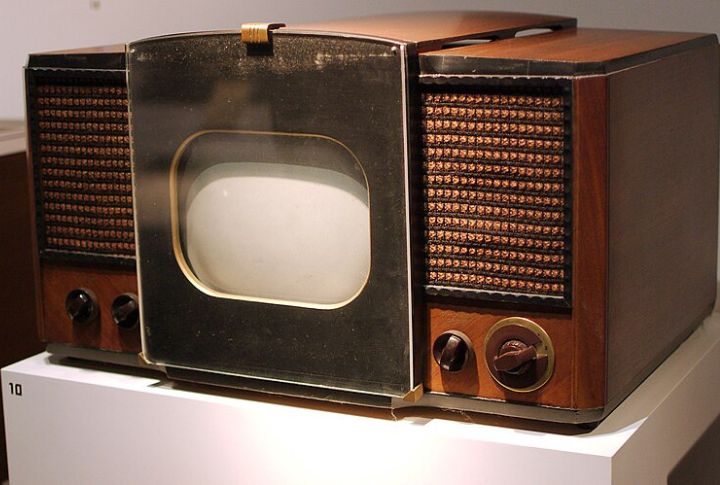
At the time, RCA’s David Sarnoff thought about the idea of television, and his proposal was entirely criticized. Even his boss thought it had “no imaginable commercial value.” But Sarnoff refused to back down. Instead, he focused on the possibilities his invention could bring, and not long after that, it began to become widely accepted.
The Personal Computer
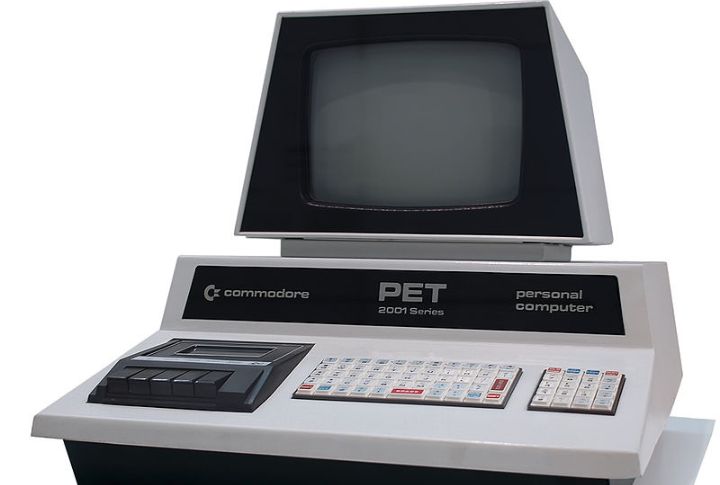
Ken Olsen’s 1977 prediction that personal computers would never be popular seems absurd in retrospect. The rise of personal computers has been nothing short of revolutionary. They are pretty much very useful in this modern age, not only for work but also for leisure, education, and communication.
The Internet

In the early days, many believed the Internet was just a tool for academics and tech enthusiasts. People thought it would remain a niche resource used mainly for research. Little did they know, it would soon become a global platform that would connect lives, ideas, and cultures like never before.
The Airplane
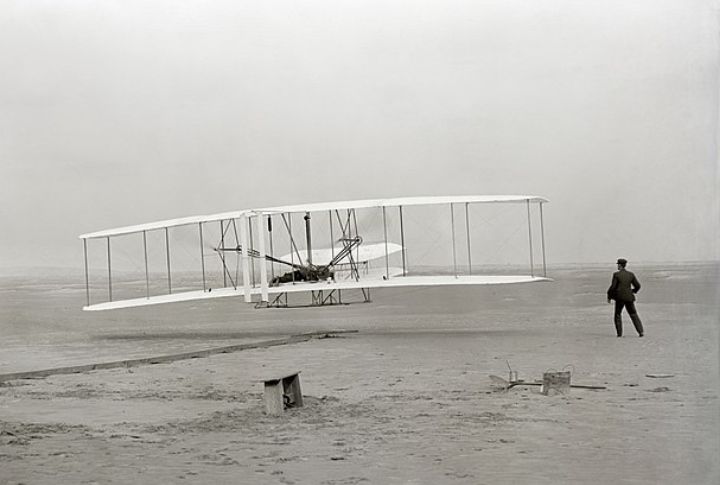
Many believed airplanes were just fanciful machines that would never catch on. Critics even thought that flying was too dangerous and impractical. Nonetheless, as successful flights began to soar, the dream of air travel quickly became a reality, and everyone worldwide has embraced this change.
Sound in Films
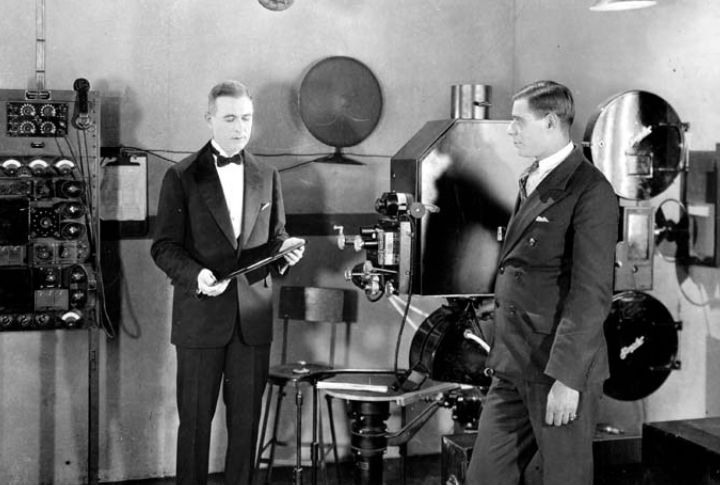
Early moviegoers were puzzled by sounds in films. They thought actors were hiding behind screens, making noises! This funny mix-up happened because people weren’t used to the new technology. Imagine their surprise when they realized the sounds were part of the movie itself. It took time for audiences to get used to this magical experience.
The Smartphone
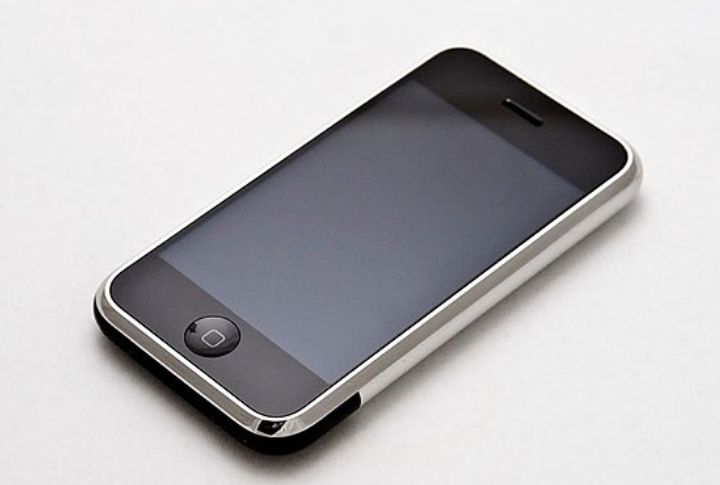
Many thought smartphones were just fancy phones when they initially came into existence. People couldn’t imagine these pocket-sized gadgets would become our go-to devices for almost everything. They were surprised to learn you could do much more than call and text! You could take pictures, play games, and even surf the internet.
The Refrigerator
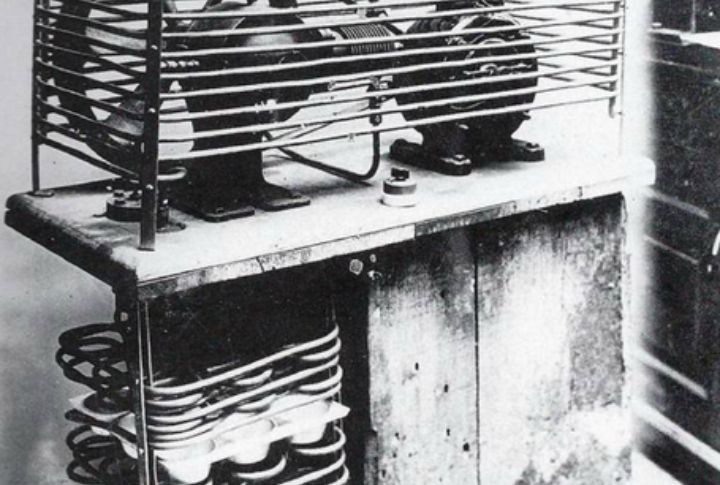
Early 20th-century critics saw refrigerators as noisy, expensive, and impractical. They wondered if they really needed a big, humming machine to keep food cold. So, many stuck to their old ways, believing ice boxes were good enough. Little did they know, fridges would soon become the heart of every kitchen, changing how we eat and shop.
The Microwave Oven
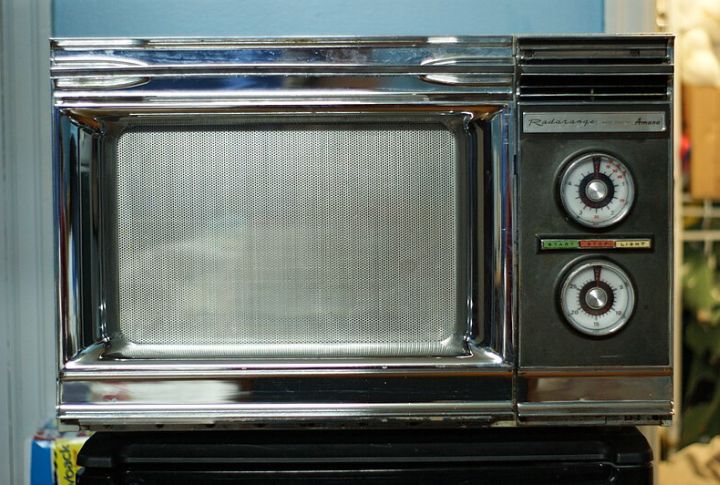
The accidental discovery of microwave cooking wasn’t accepted by everyone. For about 20 years after its invention, it was about 340kg, which meant it wasn’t appropriate for home use. However, years later, it was made into portable countertop sizes.
The Electric Guitar
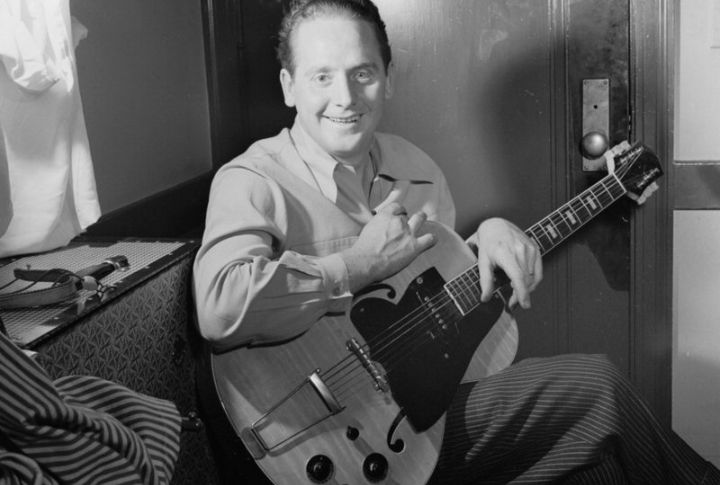
When Les Paul created one of the first solid-body electric guitars, music executives dismissed it as a gimmick. However, the rise of rock and roll proved them wrong, as the Les Paul guitar became a cornerstone of modern music. Its unique sound has made it a favorite across various genres.
Canned Food

Nicolas Appert’s 1809 food preservation method initially seemed absurd because people couldn’t fathom eating from metal containers. Weird, right? But also, the lack of can openers didn’t help either. Today, canned goods are pantry staples that help provide nourishment at our own convenience.
The Steamboat
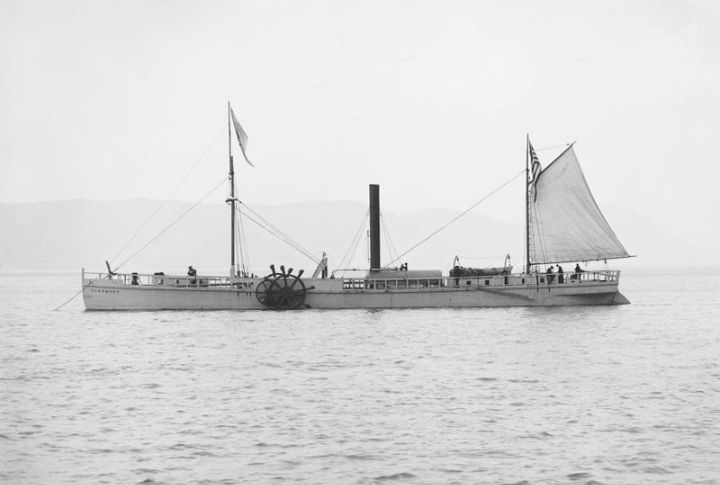
The steamboat brought change to transportation in the early 19th century by enabling faster movement of goods and people along rivers. It was pioneered by figures like Robert Fulton. However, it paved the way for the expansion of commerce and settlement in the West.
The Shopping Cart

In 1937, shopping carts were invented by Sylvan Goldman, owner of a supermarket chain, to help customers carry more groceries. Initially met with resistance, as shoppers likened them to baby carriages, Goldman hired models to demonstrate their utility. Over time, the shopping cart became a shopping-essential.
The Bicycle
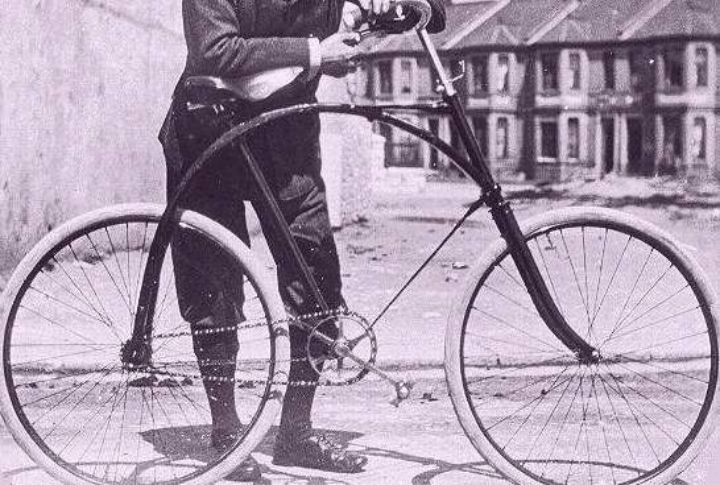
One of the most common criticisms of the bicycle was that it was dangerous for women to ride. It was argued that the act of straddling a bicycle was immodest and could lead to moral decay. Bikes have become a popular, eco-friendly transport option despite the ridicule.

